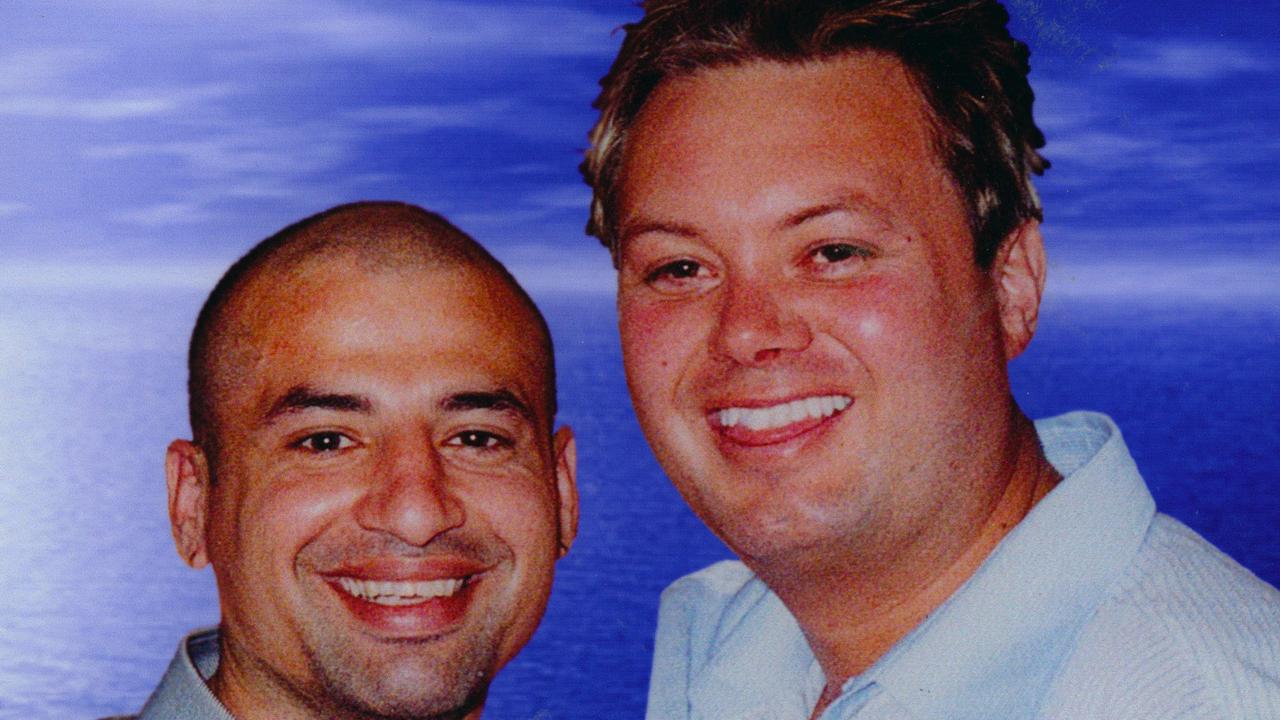Australian Code Breakers: The untold story of Frederick Wheatley
This is the story of how headmaster turned navy cryptographer Dr Frederick Wheatley become the world’s No. 1 code-cracker. Australian Code Breakers is the latest book written by The Sunday Telegraph’s James Phelps. WIN ONE OF 50 COPIES
Book extract
Don't miss out on the headlines from Book extract. Followed categories will be added to My News.
A series of documents that have not been seen for more than 100 years have revealed an Australian schoolteacher as the unknown mastermind behind the greatest Allied naval victory of WWI.
In the extraordinary story of how a headmaster turned navy cryptographer to become the world’s No. 1 code-cracker, Australian Code Breakers by James Phelps tells how an unheralded Aussie hero called Dr Frederick Wheatley led the British Royal Navy to their most famous win.
Previously classified and confidential documents recovered from the National Archive of Australia and the Australian War Memorial reveal that Dr Wheatley and a team of nine women cracked the German HVB code after a series of codebooks were snatched at gun-point from an enemy ship in Melbourne.
In Australia’s very own version of Enigma, Wheatley broke the complicated code following a Melbourne Cup Day epiphany which transformed an office in Lonsdale Street, Melbourne into the world most important intelligence bunker.
Wheatley’s decoded messages paved the way for the greatest naval victory of WWI with his information used to find and defeat the German East Asian Squadron in the Battle of the Falklands.
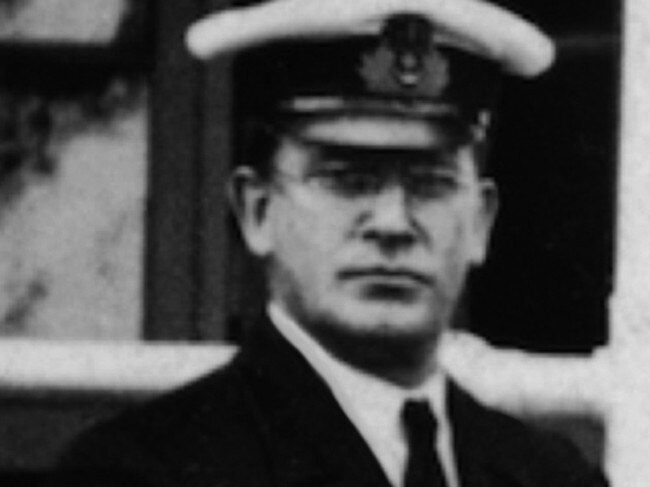
Fresh from Australia’s biggest ever departure of troops, many had called for the Melbourne Cup to be cancelled. Inappropriate, they said.
We shouldn’t be celebrating when the world is at war, cheering for horses when men have been sent to fight for our freedom.
Others argued that the nation could use a distraction.
MORE NEWS
Grieving Bowraville families’ 30-year fight for empathy
Ruff ride: Calls to allow dogs on public transport
That the war could be forgotten for a day. The Victoria Racing Club ended the debate when it stepped in and promised to donate a third of the profits, or £5,000, whichever was greater, to the war effort.
Frederick Wheatley was glad the event had been given the all clear. He certainly needed a distraction; in fact, he was desperate for it.
With the fate of a fleet, maybe even the result of the war, resting on his shoulders, his mind was a mess. He was clouded and confused, and could not make any sense of the new code. It was all riddles and no rhyme.
Wheatley had barely slept since stumbling over the code he could not break. He’d been staring at the latest mangle of letters earlier that morning when Captain Walter Thring came into his office. ‘You need a break, old boy,’ Thring had said.
‘Why don’t you get out of here for a while?’ Thring sniffed at the air.
‘I suggest you start with having a wash,’ he said. ‘Go and clean yourself up and head out for the day. Why don’t you get on down to Flemington for the Melbourne Cup?’
Wheatley had raised his elbow and sent his nose into his armpit. ‘Urgh,’ he said, screwing up his nose.
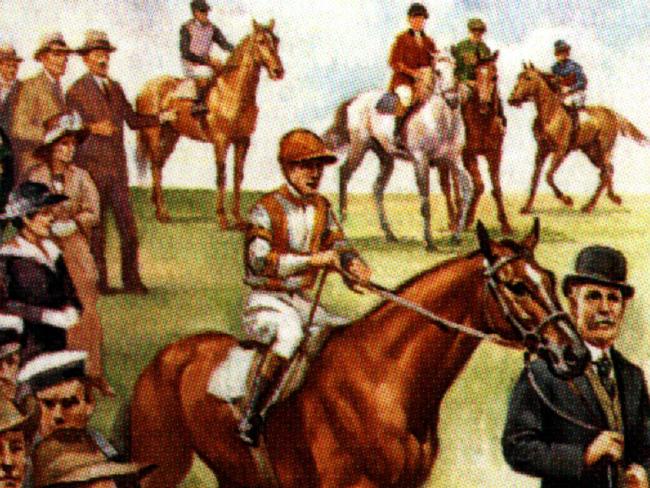
‘I could certainly use a bath. And I suppose a few hours away might do me some good.’
He’d told his team to take a break too. ‘Ladies,’ he’d announced, ‘have the rest of the day off. Forget all this for a while and go and have some fun.’
Washed and shaved, Wheatley had made his way to Flemington.
He’d fought his way to the bar and bought a beer before braving the betting ring.
A man of science and sense, he’d placed a pound on the three-to-one favourite. The instructor turned navy intelligence man had finished his beer and been back for another by the time the race rolled round. He’d long forgotten about codes and why he could not crack them.
He was no longer a man who could win or lose wars but just another punter who could win or lose a bet.
TO WIN ONE OF 50 COPIES TELL US IN 25 WORDS OR LESS WHY YOU WANT TO READ AUSTRALIAN CODE BREAKERS.
EMAIL US AT news@dailytelegraph.com.au
He joined in the revelry and cheered as the horses took off from their gates. ‘Go,’ he yelled as jockeys whipped and hooves thundered. ‘Go, go, go!’
He was bouncing up and down by the time they reached the straight. ‘Go on,’ he yelled.
He was left shaking his head as they hit the finish line. ‘So close,’ Wheatley said to another head-shaking punter standing at his side. ‘Oh well, you win some, you lose some, as they say.’
The race had been won by Kingsburgh, a twenty-to-one outsider.
Wheatley had earlier written the horse off after a last minute look at the field’s form, as Kingsburgh had not been impressive in the lead-up. In fact, she had only ever won once, at a minor meeting at Rosehill.
It appeared that most had joined the instructor in writing off the long shot. The man celebrating most was the horse’s owner.
As Wheatley crumpled his losing ticket and threw it into an overflowing bin, he wondered how much the owner had won.
He suddenly smiled. ‘I’ve got it!’ he shouted. ‘By George, I’ve got it.’ Wheatley had found a winner after all.
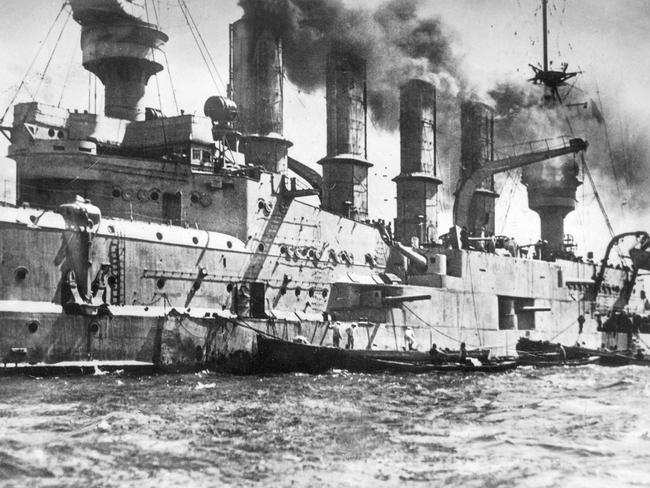
Wheatley had had an epiphany.
While throwing his losing ticket in the bin he had wondered if there was a winner somewhere in the trash. Wondered if a careless punter had chucked without checking.
What if he could just reach in and replace his losing ticket with a winner? And that was when it had hit him.
‘I think they have simply thrown out some letters and replaced them with others,’ he said to Thring when he made it back to the office.
‘Rather than issuing a new key, I think they have just used a system of substitution.’ Thring looked at him blankly.
‘Okay,’ Wheatley said, searching for the easiest way to explain his theory. ‘
Instead of sending out new codebooks and new keys, almost impossible given the state of the war, I think they have simply shifted the code. Say, every letter in the alphabet has been shifted just one place. So that would mean that to send a message, at first you do everything the same as you would have before. Everything according to the original HVB [secret German codebook].
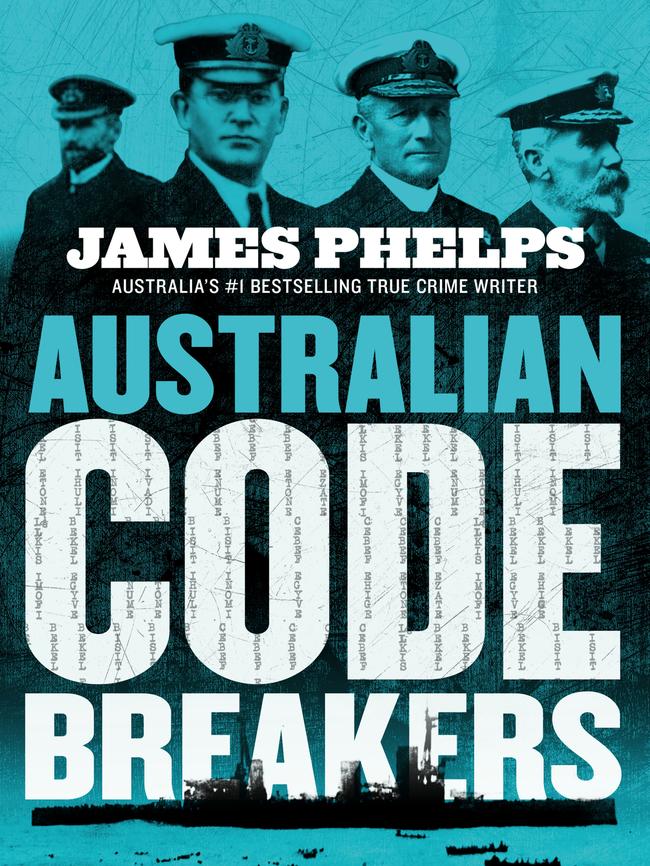
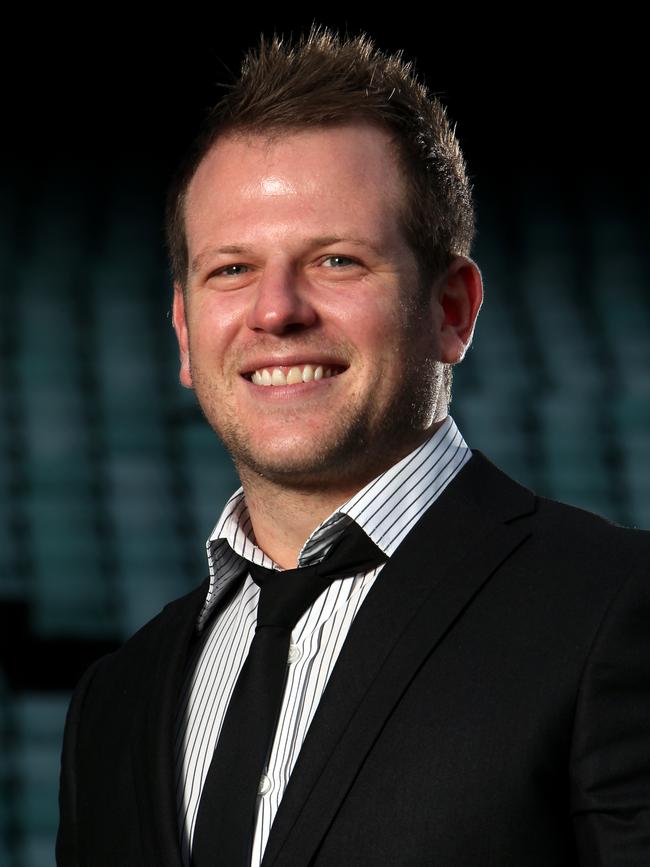
You look for the phrase or word you want and then you pick out the corresponding code next to it. Let’s say the code for the phrase or word you want to send is ABCDE.
Are you following?’ Thring shrugged. ‘I think so,’ he said.
‘Alright, so using the original HVB you have a code that reads ABCDE,’ Wheatley said. ‘Now let’s say the superencipherment that has been chosen is to shift each letter of the alphabet forward by one. So, for the code ABCDE, A will become B, B will become C and so on.
The message that was ABCDE would therefore become BCDEF once it has been superenciphered.’ Thring nodded.
‘The person at the other end will get the message BCDEF,’ Wheatley continued.
‘If he tried to find BCDEF in his codebook he wouldn’t. It would appear to be meaningless. But if he knew the cipher had been changed, that the key was that each letter was moved forward one position, he would know all he had to do was move each letter back one, so B would become A, C would become B, and so on.
TO WIN ONE OF 50 COPIES TELL US IN 25 WORDS OR LESS WHY YOU WANT TO READ AUSTRALIAN CODE BREAKERS.
EMAIL US AT news@dailytelegraph.com.au
Using this formula, he would end up with ABCDE and that grouping could of course be found in the book. He would be able to find the corresponding word or phrase.’
‘Splendid,’ Thring said. ‘So, all you have to do is move each letter down by one.’ Wheatley laughed. ‘I wish it were that simple,’ he said. ‘That is just a hypothetical – they would never use such an uncomplicated key. It could have been changed in a number of different ways.’
‘How many ways exactly?’ Thring asked. ‘By my reckoning, 52 billion,’ Wheatley said.
‘That is the number of combinations available. The letters may have been moved forwards or back by one or two positions, all the way up to 26 positions. They could change just one letter, two letters, or all 26. They can also omit letters altogether.’ Thring raised an eyebrow. ‘So you only have to try 52 billion combinations? Sounds easy enough.’
‘Leave it to me,’ Wheatley said. ‘I have an idea or two.
Australian Code Breakers by James Phelps; HarperCollins; available 24 February; RRP $34.99.
TERMS AND CONDITIONS BELOW
Originally published as Australian Code Breakers: The untold story of Frederick Wheatley


